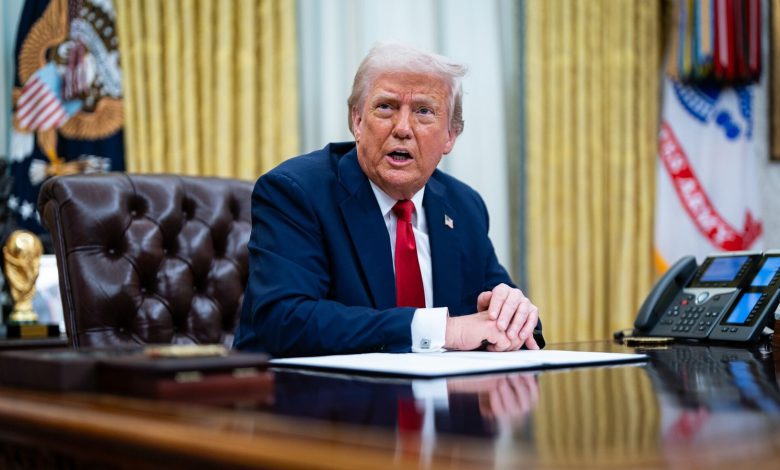Trump Shifts Stance, Credits India-Pakistan Ceasefire to Their Leaders

US President Donald Trump has altered his narrative regarding the recent ceasefire between India and Pakistan, attributing the de-escalation to the leadership of the two nations rather than his own intervention. Speaking to reporters in the Oval Office after hosting Pakistan’s Army Chief, Field Marshal Asim Munir, for lunch on Wednesday, June 18, 2025, Trump praised the “very smart” leaders of both countries for averting a potential nuclear conflict. “I’m so happy that two smart people… decided not to keep going with that war,” he stated.
This marks a departure from Trump’s earlier assertions, made repeatedly since May 10, 2025, when India and Pakistan agreed to halt hostilities. Previously, he claimed his personal diplomacy and promises of US trade deals were instrumental in securing the ceasefire. The conflict, sparked by a deadly April 22 terror attack in Pahalgam, Indian Kashmir, which killed 26 people, led to a four-day military exchange that ended through direct talks between the Indian and Pakistani militaries on May 10.
Indian Prime Minister Narendra Modi, in a Tuesday phone call with Trump, firmly clarified that the ceasefire resulted from bilateral military discussions initiated at Pakistan’s request, with no US mediation involved. India’s Foreign Secretary Vikram Misri emphasized that no talks regarding US trade deals or third-party mediation occurred during the conflict. Pakistan, however, has acknowledged Washington’s role, creating a point of contention with India’s stance.
Trump’s lunch with Munir, an unprecedented White House meeting, followed Modi’s clarification. The US president also noted ongoing trade discussions with both nations, expressing gratitude to Munir for his role in ending the conflict. The meeting drew criticism in India, where officials have sought to isolate Pakistan diplomatically, citing its military’s alleged support for terrorism. Protests by Pakistan’s opposition party, Tehreek-e-Insaf, also marked Munir’s visit, with demands for democratic reforms.
